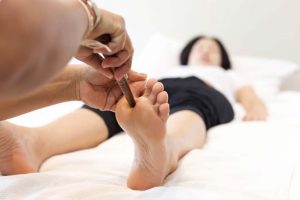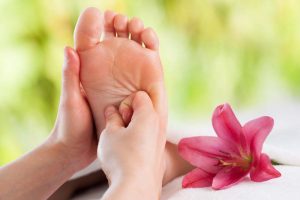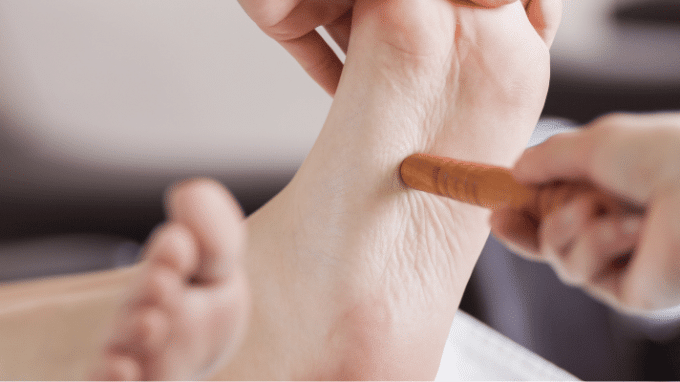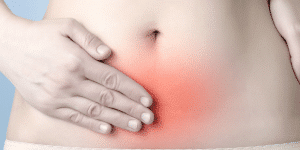Reflexology is a massage system used to treat a wide number of conditions. In theory, certain reflex points on the hands, head, and feet link to every part of the body. For instance, massaging a certain part of the hand may relieve migraines. Recent studies have shown that massaging certain parts of the feet may aid in improving fertility, and there are success stories from women around the world.
Understanding Reflexology and Its Role in Your Body

The Lack of Scientific Evidence
Skeptics claim that there is no scientific evidence supporting the role of reflexology in fertility and they are correct. There are no clinical trials supporting reflexology as a fertility aid. However, it is necessary to consider that conception is a random act that is difficult to medicalize. Thus, clinical trials in controlled environments are impossible. Despite this fact, maternal reflexologists claim that they have seen the power of reflexology in action. By paying special attention to areas corresponding to the reproductive system and the nervous system, many women who were previously struggling to conceive were able to enjoy healthy, full-term pregnancies.
Stress and Infertility
Often, when women try to conceive without luck, there are many negative feelings influencing them. These negative feelings turn to stress, and scientific studies have certainly shown that stress affects fertility. In fact, a renowned journal known as Human Reproduction published a study comparing the pregnancy rates between stressed and non-stressed couples. The study found that conception usually occurred during the times when couples were at a high point. Another study published in Fertility and Sterility in 2005 showed that reducing stress increased the success rate for infertility treatments like in vitro fertilization.
Relaxing with Reflexology

The Psychological Side of Things
Women who are trying to conceive experience many emotions. Often, after six months to a year of trying without success, they feel as if they have no control over their own bodies. They feel frustrated, defeated and often guilty for their inability to conceive. Reflexology gives women a chance to take time out for themselves to relax. Over time, as the stress starts to wane, women feel more in control of their bodies. They are no longer passively waiting for tests and assessments—they are doing something about it. The support that a reflexologist provides, both physical and emotional, makes a huge difference in the ability to conceive.
The Best Evidence to Date
 Jane Holt, a reflexologist from Plymouth in the United Kingdom, pioneered a study last year in which 23 of her patients who were previously unable to conceive participated in regular reflexology treatments. Amazingly, 13 of the 23 women fell pregnant within a year—many of these within months. Holt is planning a new clinical study among 150 volunteers who will receive reflexology treatments in lieu of a traditional pharmaceutical treatment for infertility known as clomifine, which induces ovulation. It will be a blind study, and it will produce the most precise evidence to date. One in seven couples experiences some level of infertility. Although many medical treatments exist, including pharmaceuticals and in vitro fertilization, it may turn out that reflexology, which is a non-invasive, enjoyable experience, produces scientifically proven results. Only time will tell, but women around the world are already telling their success stories.
Jane Holt, a reflexologist from Plymouth in the United Kingdom, pioneered a study last year in which 23 of her patients who were previously unable to conceive participated in regular reflexology treatments. Amazingly, 13 of the 23 women fell pregnant within a year—many of these within months. Holt is planning a new clinical study among 150 volunteers who will receive reflexology treatments in lieu of a traditional pharmaceutical treatment for infertility known as clomifine, which induces ovulation. It will be a blind study, and it will produce the most precise evidence to date. One in seven couples experiences some level of infertility. Although many medical treatments exist, including pharmaceuticals and in vitro fertilization, it may turn out that reflexology, which is a non-invasive, enjoyable experience, produces scientifically proven results. Only time will tell, but women around the world are already telling their success stories.





